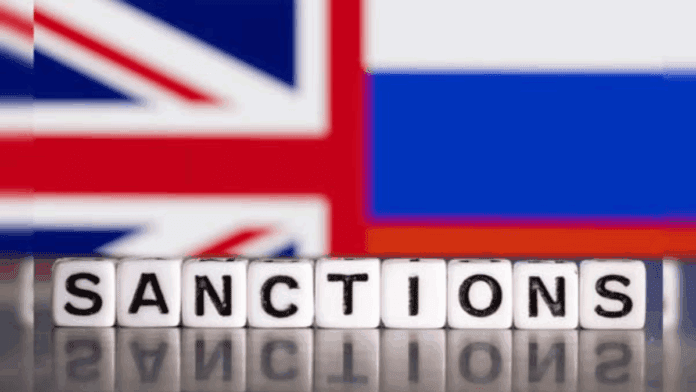Australia has taken strong action once again in response to Russia’s ongoing invasion of Ukraine. On June 26, the Australian government announced new sanctions targeting 37 individuals and 7 organizations connected to Russia. These measures are part of a broader international effort to weaken Russia’s war economy and limit its ability to continue the conflict.
The Australian Department of Foreign Affairs and Trade (DFAT) released this latest package under the Autonomous Sanctions Regulations 2011. The listed people and companies have been added to DFAT’s official Consolidated List. These are mainly individuals linked to large Russian businesses and the Russian government. Some of them work in areas that support the Russian military or spread false information.
These sanctions aim to punish those who are helping or benefiting from Russia’s invasion of Ukraine. The penalties include freezing their financial assets in the country and banning them from entering the country. Australians are also not allowed to work with or help these individuals or businesses in any way unless they get special permission.
What these sanctions include
The new sanctions cover high-level decision-makers in major Russian companies. These include firms involved in banking, shipping, and the energy sector. A few insurance companies are also included in this round of restrictions. The penalties apply not only to the main companies but also to their senior executives and board members.
Once someone is placed under sanctions, they are no longer allowed to move their money through Australian banks or sell their assets here. If someone tries to help these people secretly—by moving money or offering services—they could be punished as well. Anyone affected by these sanctions can request a review or ask for special permission through DFAT’s online Pax portal.
These moves are not only about stopping Russian individuals and companies. They are also about sending a strong message to others. Australia wants to show that anyone who helps fund or support the war in Ukraine will face serious consequences.
Stronger ties with NATO and defense partners
Along with these new sanctions, Australia is also deepening its defense partnerships. During a recent NATO summit in The Hague, it signed an important agreement with the NATO Support and Procurement Organisation (NSPO). This agreement allows Australian defense forces and industries to work more closely with NATO members.
This new deal will open up NATO’s large supply chains to Australian defense companies. It also means the country can join forces with NATO in areas like logistics, system support, and defense equipment procurement. This step helps strengthen the country’s ability to support Ukraine and work with global allies.
Since the start of the full-scale war in 2022, Australia has provided over 1.5 billion Australian dollars in support to Ukraine. This includes military aid, humanitarian help, and strong diplomatic action such as sanctions. Australia has now imposed more than 1,500 sanctions on Russian targets since the war began.
The Australian government says it will continue to work with NATO partners like the UK, Canada, and the European Union. Together, they aim to stop Russia from getting the money and tools it needs to keep fighting. The recent sanctions are just one part of this much larger international effort.


